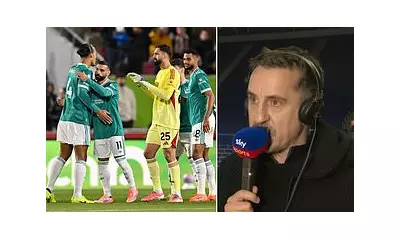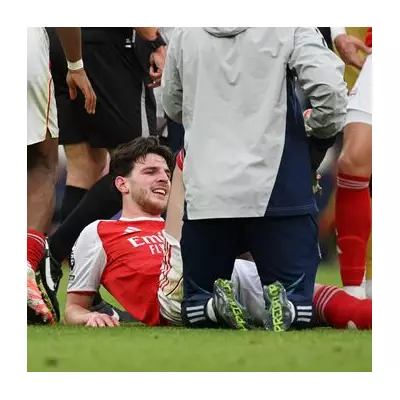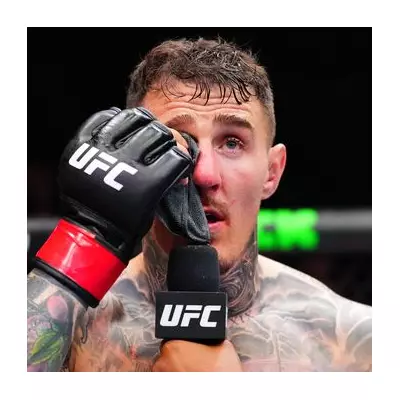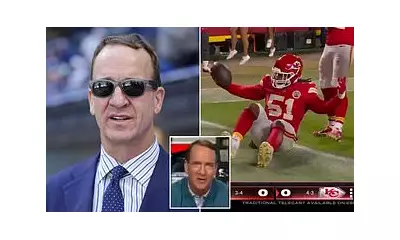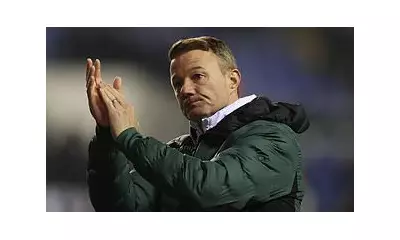
Former Premier League footballer Joey Barton has made his first appearance at Westminster Magistrates' Court following allegations of harassing prominent sports broadcaster and former England player Eni Aluko.
The 41-year-old ex-Manchester City and Newcastle United midfielder stands accused of sending "malicious communications" to the ITV pundit, marking a significant escalation in a very public feud that has dominated sports headlines in recent months.
The Courtroom Drama Unfolds
Barton appeared before District Judge Louisa Cieciora in a case that has drawn significant media attention and sparked widespread debate about online behaviour in professional sports. The charges relate to messages allegedly sent between December and January, during which Barton launched numerous social media attacks against Aluko.
The court heard how the situation intensified following Barton's controversial comments about female football pundits, which initially targeted Aluko and fellow broadcaster Lucy Ward. The prosecution alleges these digital communications crossed the line into criminal harassment.
A Pattern of Controversy
This legal action comes amidst Barton's increasingly vocal campaign against women's involvement in men's football coverage. His social media presence has become increasingly controversial, with multiple posts questioning the credentials and roles of female professionals in the sport.
Aluko, who earned 102 caps for England during her playing career and now works as a respected football analyst, has become a focal point in the ongoing conversation about misogyny and online abuse in sports media.
Legal Proceedings and Conditions
During the brief hearing, Barton spoke only to confirm his name, date of birth, and address. No formal plea was entered, with the case adjourned until later this year for further proceedings.
The court has imposed strict conditions on the former footballer, including a prohibition against contacting Eni Aluko directly or indirectly. This legal restriction extends to any social media communications referencing the broadcaster.
Broader Implications for Sports Media
This case represents a landmark moment in addressing online abuse within football culture. As high-profile figures increasingly face legal consequences for their digital behaviour, the sporting world watches closely to see how this precedent might shape future conduct both on and off the pitch.
The outcome could have significant ramifications for how social media interactions are regulated within professional sports, potentially establishing new boundaries for acceptable commentary and criticism.

